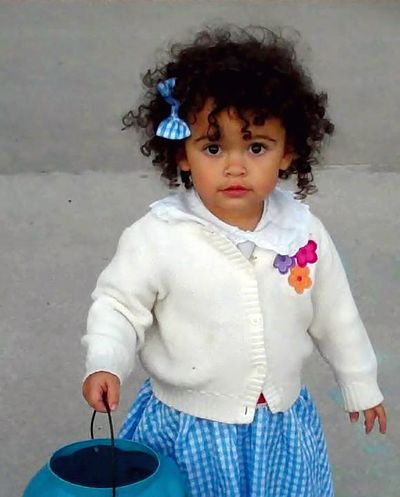Supreme Court rules Native American father doesn’t have special right to child

WASHINGTON – A 27-month-old girl who lived with adoptive parents in South Carolina since her birth was handed over to a biological father she had never met in 2011.
Now, 18 months later, a Supreme Court decision will likely send her back to the adoptive parents.
The court ruled in a 5-4 decision that the Indian Child Welfare Act, a federal law granting extra protections to Native American parents, did not protect the father’s right to his biological child in this case.
The baby was conceived while her parents were still engaged, but her non-Native American mother broke off the engagement before she was born. When the mother asked the Native American father if he would rather pay child support or give up his rights to the child, he replied that he would relinquish his rights.
The father changed his mind after learning the mother had given the baby up for adoption to a couple in South Carolina; he hired a lawyer and sued for custody from the non-Native American couple.
A lower court granted him custody under a federal law called the Indian Child Welfare Act. If he had not been Native American, the law clearly states he would have no right to the child, who is 1.2 percent Cherokee.
The Supreme Court on Tuesday reversed that decision, ruling that the law’s language on protecting parents’ “continued custody of the child” refers to a parent already having custody who has that custody taken away.
“(The law) is inapplicable when, as here, the parent abandoned the Indian child before birth and never had custody of the child,” Justice Samuel Alito wrote for the majority.